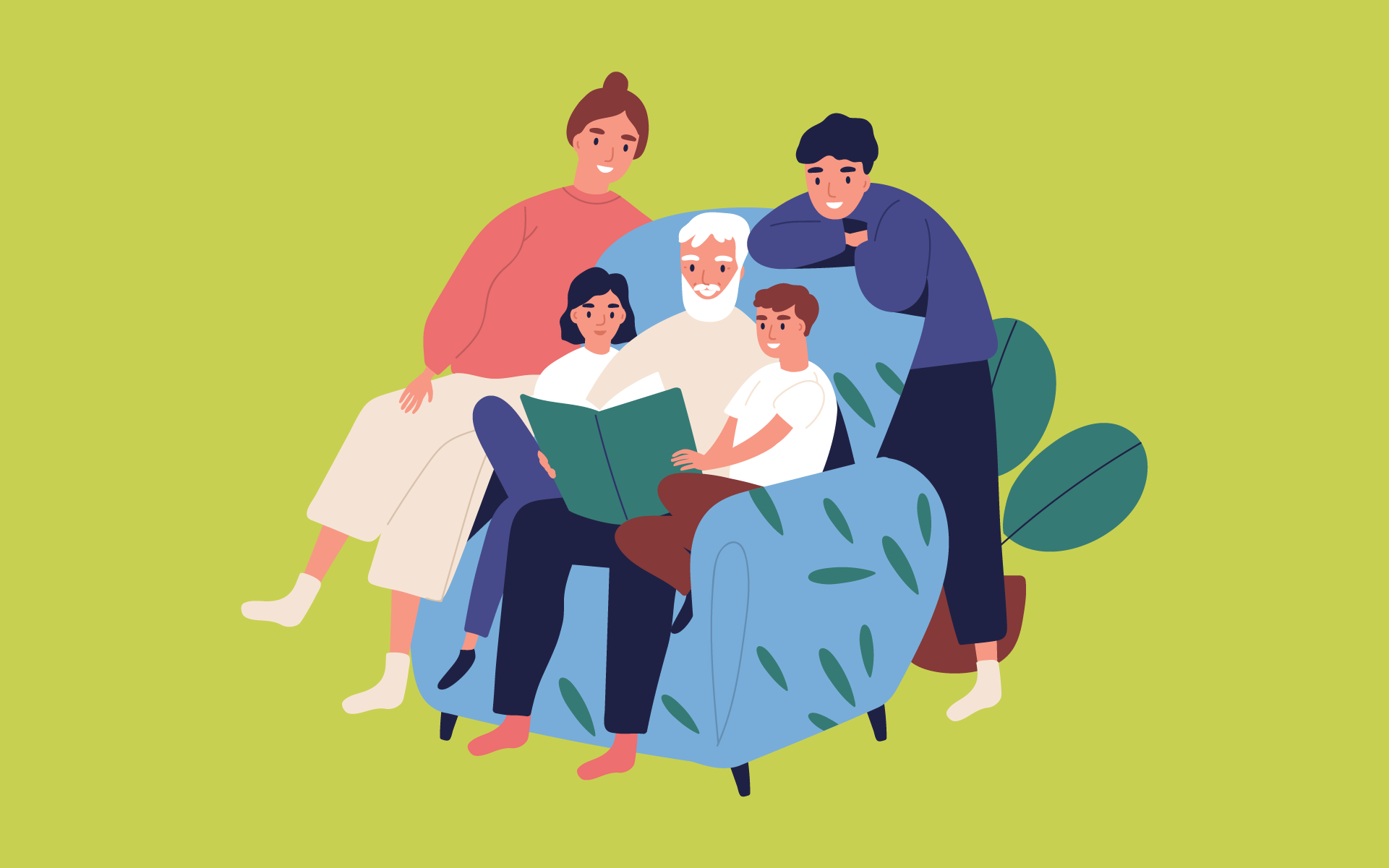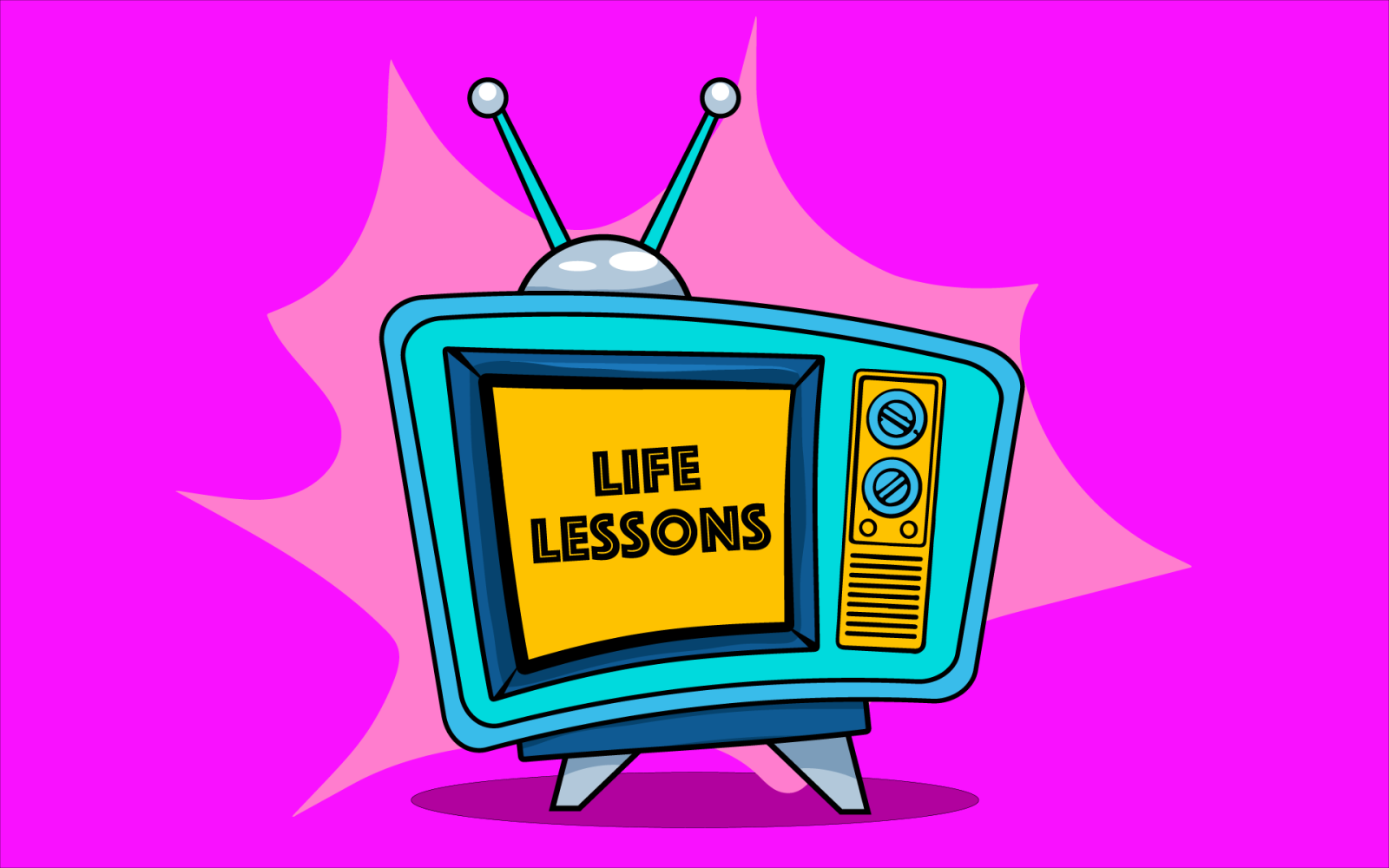There’s a lot we can learn about life from talking to our elders

Why we need to seek out conversations across the generations.
If you want to go fast, go alone,” runs the old African proverb. “If you want to go far, go together.”
That applies as much to our travelling companions across the generations, as to our friends and business colleagues.
Older people tend to have a wealth of knowledge and experience. We often underutilise this, in part because society has not caught up with the new realities of ageing and longevity.
According to studies in The Lancet and the Journal of Gerontology, people are living longer, and experiencing a better quality of life in their later years.
By some estimates, science and medicine are already adding about three months to the average lifespan every year. This challenges the notion that we need to step aside after reaching a certain age.
Africa is in the unique position of having the youngest “working age” population in the world. However, productivity cannot be our only value as humans.
The obsession with productivity is a modern phenomenon that often diminishes the value of individuals who are no longer in the traditional workforce.
It’s a narrow lens through which to view human worth, and it unfairly marginalises older adults.
In many cultures, older individuals are venerated for their wisdom, experience, and roles within the family and community.
They are grandparents and great-grandparents who serve as mentors, caretakers, volunteers, active civic participants, and community activists.
Studies in social psychology and gerontology have highlighted the significant positive impacts older adults and their social and emotional capital have on community cohesion, emotional well-being, and even the cognitive development of younger individuals.
Older adults are not just passive recipients of societal changes. They are active agents in shaping society beyond just the economic realm.
In fact, these are the people who often have the time and inclination to engage in community-building activities, that those in the hectic phase of career-building may not have.
Here are some ways we can bolster generational intelligence and go further in the world together.
- Encourage Intergenerational Dialogue: Create platforms for open dialogue across generations. Foster mentorship, reverse mentorship, dialogue, change accountability partnerships, and teaching circles. For example, who in the workplace has tackled the topic of menopause? Such conversations build empathy and help break down the barriers that impede understanding and collaboration.
- Cultivate a Culture of Lifelong Learning: This isn’t just about younger people learning from their older counterparts. It’s reciprocal. A culture where knowledge flows freely across age groups enriches everyone involved.
- Be Self-Aware and Vigilant Against Ageism: Scrutinise your own biases and assumptions concerning age. Ageism is not always overt. It often manifests subtly in our attitudes and behaviours.
Each generation can offer a rich tapestry of experiences, perspectives, and skills. Seek out intergenerational conversations. You never know what you might learn, or the friendships you could forge, that can support you through life’s many change-journeys.




